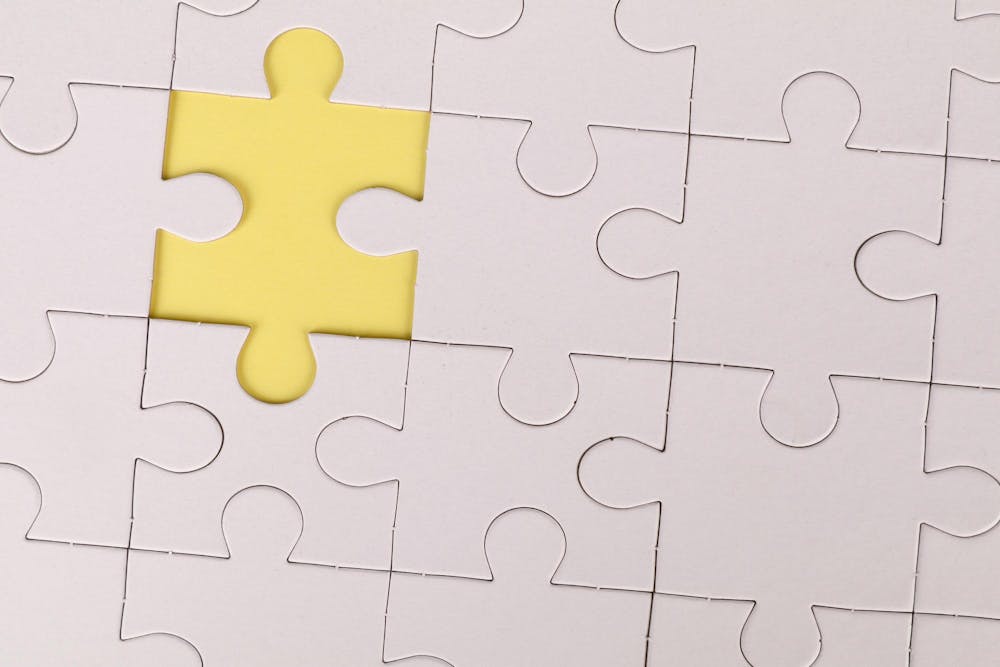Puzzles have intrigued human minds over centuries, giving the just-right blend of challenge and satisfaction. Whether it is a jigsaw, crossword, or brain teaser, the exercise of solving puzzles activates various psychological processes that entertain and challenge our mental abilities. Understanding the psychology of problem-solving makes it understandable why puzzles are so dear to us.
Pattern Recognition and Finding Connections
One of the greatest assets of successful puzzle-solving is pattern recognition. Whether it's seeing shapes in a jigsaw puzzle or solving clues in a crossword, our brains are programmed to look for relationships and patterns. This skill at recognizing patterns is important when solving puzzles, as well as in your daily life.
For example, at a casino, when playing games like blackjack or poker, whether online through Canada Casino Bonuses or on-site, players must find patterns in the strategies and actions of others. This connection between puzzles and games of chance illustrates the transfer of problem-solving to decision-making in situations of significant risk.
Cognitive Involvement is The Brain at Work
When we are working on a puzzle, our brains are activated, involving different mental processes simultaneously. The prefrontal cortex, the center for executive functions like decision-making and problem-solving, works in coordination with other regions of the brain, like the hippocampus (memory) and the anterior cingulate cortex (detection of errors). The intricate system springs into action when we analyze clues, recall things that occurred in the past, and formulate methods to arrive at a solution.
Research has shown that puzzle-solving improves cognitive flexibility and problem-solving skills. One Psychology Today article highlights how regular puzzle solvers accumulate neural plasticity, making our minds more flexible and better able to learn. This exercise for the mind not only makes us quick in our thinking but also better equipped to deal with daily challenges outside the puzzle scenario.
The Joy of Completion
The emotional reward of puzzle-solving is significant. When we finally solve a problematic riddle or insert the final piece of a jigsaw puzzle, our brains dispense dopamine—a neurotransmitter linked to pleasure and reward. This feedback loop of neurochemistry rewards the behavior and causes us to pursue more puzzles.
Further, the sense of accomplishment that comes from overcoming hindrances can be a therapeutic experience. Puzzles are a universal source of stress relief for most; they provide relief from day-to-day tensions with the establishment of a sense of mastery. Solving puzzles allows people to focus their energy in a positive way, causing relaxation and well-being.
Flow State and Immersion in Problem-Solving
Another fascinating aspect of puzzle-solving is that it can place an individual in a state of "flow." This psychological state is achieved when an individual is fully immersed in an activity that is difficult but attainable. Time seems to disappear as we concentrate all our energy on solving the problem before us.
Achieving flow while solving puzzles can lead to heightened creativity and better problem-solving ability. When we are intensely involved in something that interests us, we are more likely to think outside the box and conceptualize problems in new ways. This ability to innovate is not only necessary in recreational activities but also in working environments where innovative solutions need to be conceived.
Puzzles as Group Experiences and Social Collaboration
Puzzles can also be used as social activities that promote collaboration and communication between participants. Escape rooms are a good example; they ask teams to collaborate and work together to solve complex puzzles within a limited time frame. This collaborative effort encourages participants to discuss ideas, discuss strategy as a group, and work on top of one another's ideas.
The social nature of puzzle-solving adds to its popularity. Puzzles are often enjoyed with friends or family members, solving complex puzzles together and sharing experiences that bond them. The laughter and friendship that result from overcoming obstacles make the experience even more enjoyable.
This post is provided by a third party who may receive compensation from the products or services they mention


